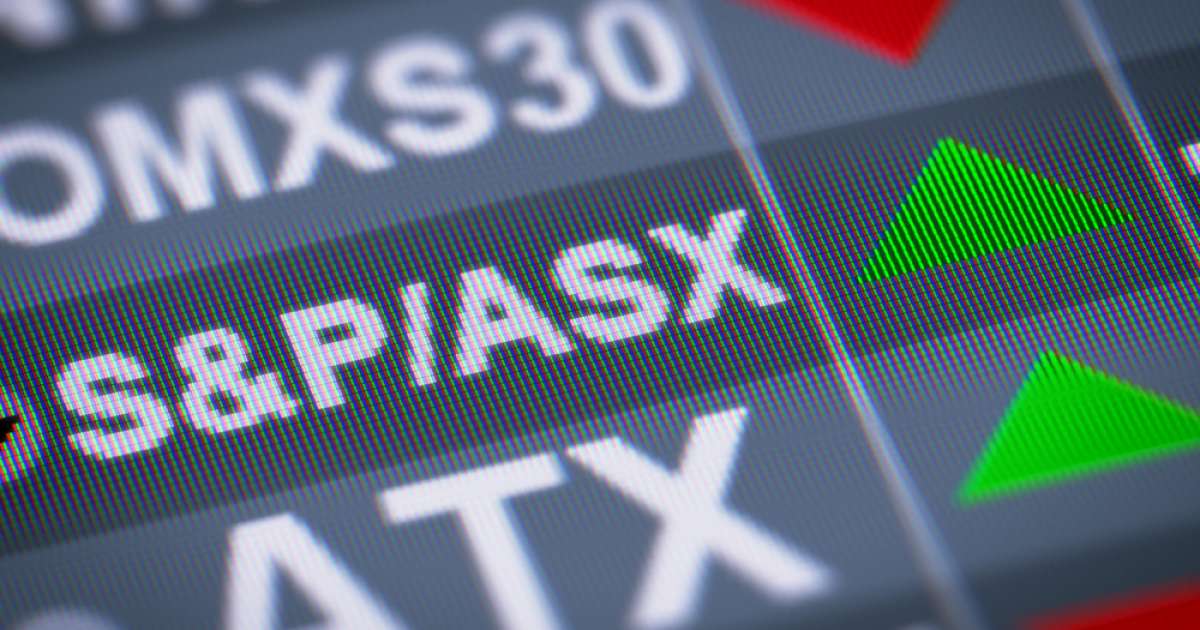Meth rife in regional WA

Regional WA has the highest methamphetamine consumption in the country, according to the most recent National Wastewater Drug Monitoring Program report released on April 5.
Australian Criminal Intelligence Commission chief executive officer Michael Phelan APM said it was concerning to see methamphetamine consumption on the rise in both capital city and regional sites.
“This destructive drug is having a terrible impact not only on users, but on families, first responders, health practitioners and the community more broadly,” he said.
The monitoring program provides a picture of changing trends in the consumption of methamphetamine and 11 other drugs across Australia.
It found nicotine and alcohol remained the highest consumed substances, while the average methamphetamine consumption had increased.
WA Police South West District Office inspector Peter Morrissey said the regions police focused strongly on the detection and the disruption of the supply at the street level.
“There are well established links between the use of methamphetamines and crime and anti-social behaviour and as such, the WA Police Force is focussed on putting specific effort into this area,” he said.
A WA Country Health Service spokesperson said as hospitals did not keep separate figures for people presenting with conditions relating to individual drugs, it was not possible to know whether there was any change to the rate of meth-related admissions.
However, they said patients affected by drugs and alcohol presented many challenges for hospital staff and emergency departments.
“Alcohol and drug use is often associated with assault, trauma and family and domestic violence, and these factors can contribute to the complexity of care required to manage and treat patients in these circumstances,” they said.
The Mental Health Commission provides funding to the Bunbury-based South West Community Alcohol and Drug Service, which provides outreach services to Busselton, Collie and Margaret River for free support and treatment.
The commission has also provided $800,000 to support the operation of the Blackwood River Clinic in Nannup.
The funding supplies 16 of the 20 beds at the low medical detoxification and residential rehabilitation facility.
A spokesperson said the report results showed a decrease from the October 2016 figures.
“However, people who do use are using a more potent form and using more frequently, which is resulting in a greater level of harm being experienced,” they said.
“Drug use affects not only those using, but their family, friends and the wider community.”
The spokesperson said the commission would continue to work with other government agencies to implement the State Governments Methamphetamine Action Plan.
“In the 2017-18 Budget, the state government allocated $18 million over three years for 33 residential rehabilitation beds in the South West by then end of 2020-21,” they said.
“This project is currently on track. The Mental Health Commission recently completed a Registration of Interest process which provided the opportunity for the commission to gauge the level of interest within the community services sector for the provision of services in the South West.”
Recently, Bunbury Hospital partnered with the St John of God Health Care Drug and Alcohol Service, with a liaison nurse now providing in-reach services to the Bunbury Hospital Emergency Department for referral of clients with alcohol and drug issues to support and rehabilitation services.
- Anyone concerned about their drug use can call the Meth Helpline on 1800 874 878 or the Alcohol and Drug Support Line on 1800 198 024.
This story Meth rife in regional WA first appeared on Busselton-Dunsborough Mail.
[contf]
[contfnew]

Margaret River Mail
[contfnewc]
[contfnewc]










